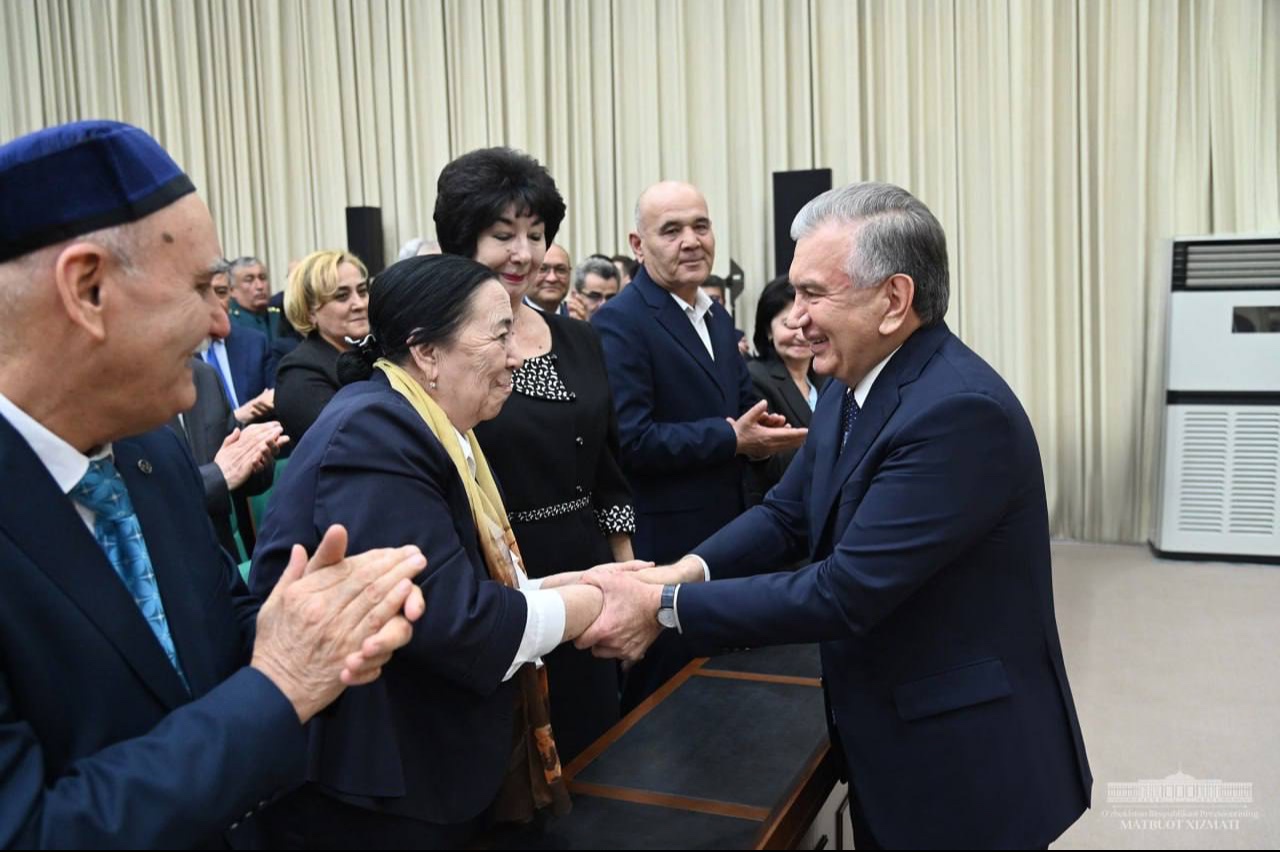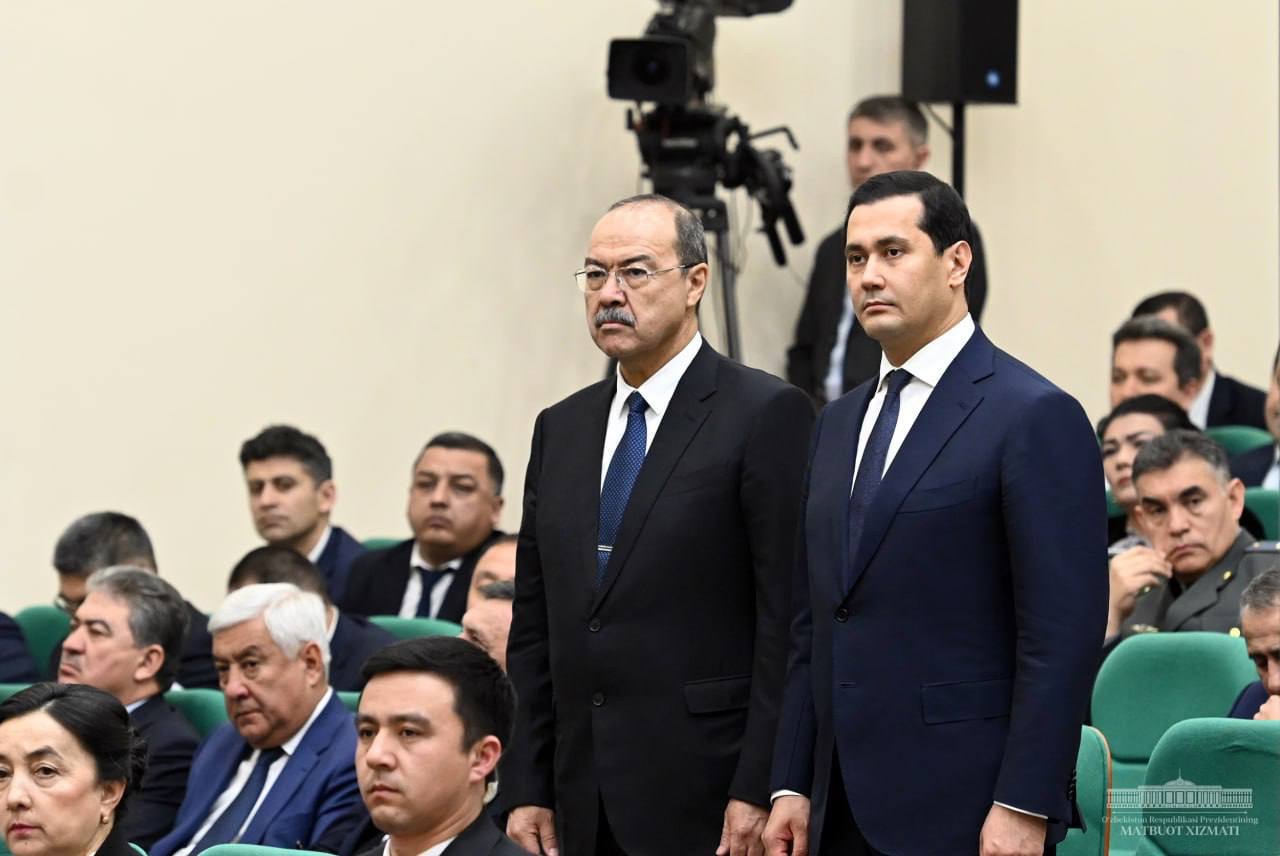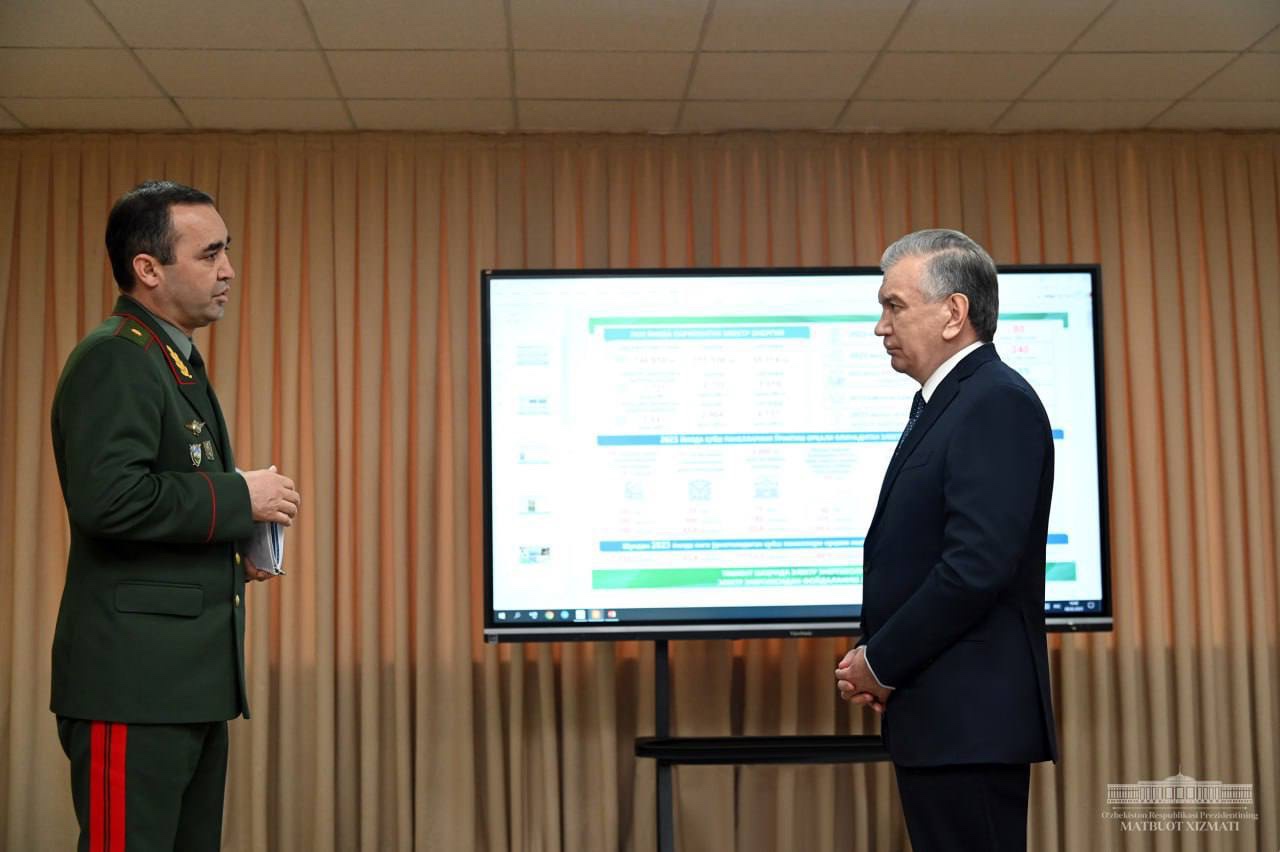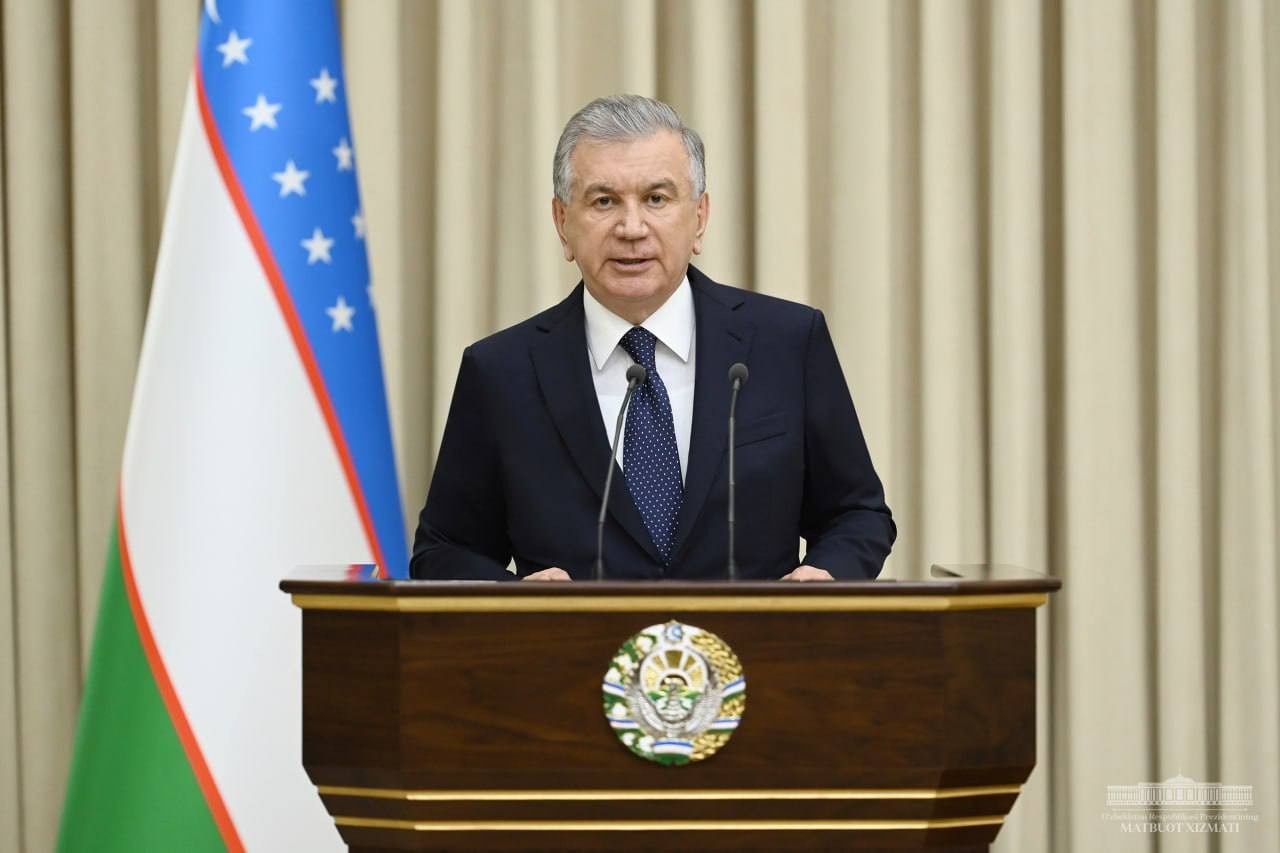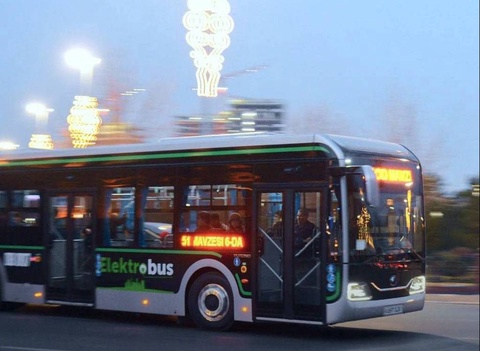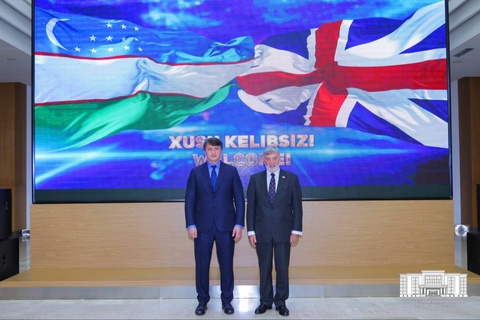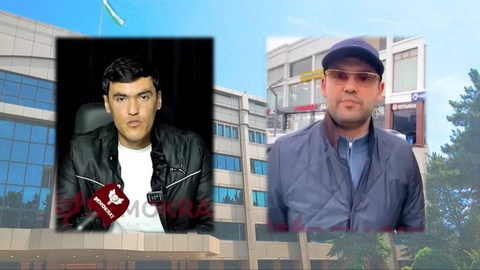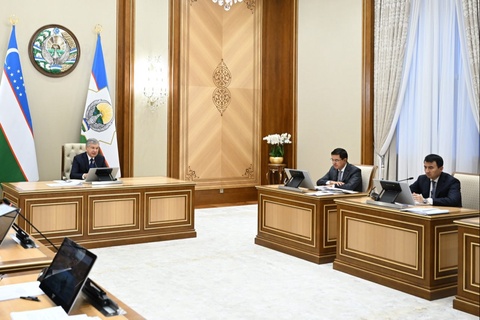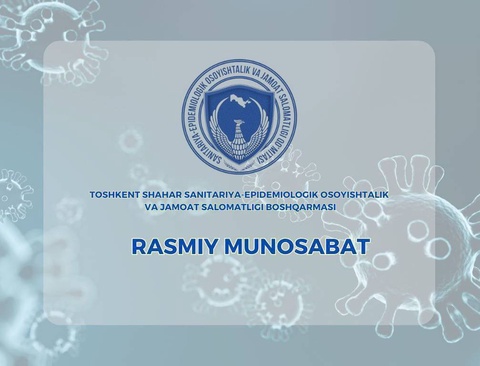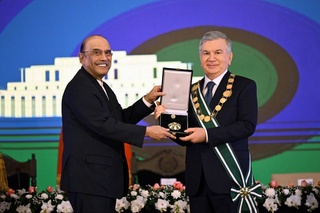It was attended by responsible officials of the city and public representatives.
The first item on the agenda was energy. It was noted that to expand the energy potential, it is important to use renewable sources. The possibility of installing solar panels in Tashkent with a total capacity of at least 2,000 megawatts was noted.
In particular, solar panels can be installed on the roofs of apartment buildings, social and other facilities, the territory of industrial zones, parking lots and large water facilities. As a result of these measures, according to calculations, it is possible to create energy sources in the amount of 1.8 billion kilowatt-hours, which is 4 times more than the forecasted need for 2023 of 240 million kilowatt-hours of electricity.
The President noted the need for moving away from the state monopoly in electricity generation and creating a competitive environment. In particular, the state will be guaranteed to purchase electricity from entrepreneurs who have installed solar panels. And next year they will be able to sell it to other consumers. Individuals who install panels in their homes will be able to sell excess electricity for 1,000 UZS per kilowatt.
Measures have been defined for the installation of solar panels in industrial zones and large enterprises, which will make it possible to produce 400 million kilowatt-hours, as well as for the construction of a solar power plant with a capacity of 500 megawatts in Yuqorichirchiq district. Solar panels will also be installed on the roofs of social facilities and government agencies. Instructions were given to reduce electricity losses at industrial enterprises, upgrade main heating mains and internal heating systems in 1,817 apartment buildings.
In total, $1 billion will be allocated for the introduction of renewable energy in the city.
Issues of ensuring employment of the population of the capital in 2023 were also discussed at the meeting.
It was emphasized that to achieve plans to create jobs, it is necessary to rely on entrepreneurs and support them.
In particular, this year 20 trillion UZS of loans will be allocated for the development of the service sector in Tashkent.
It is planned to allocate concessional loans for 300 billion UZS for family businesses.
It was noted that 1.4 trillion UZS will be allocated for the improvement of social and industrial infrastructure in mahallas of the capital, and 573 billion UZS will be allocated for projects within the framework of the Participatory Budgeting.
The President also touched upon the improvement of mahallas, the repair of roads and water supply facilities. A decision was made to allocate additional budgetary funds for 584 billion UZS – 1 billion for each of the 584 mahallas of the city.
At the meeting, special attention was paid to the sphere of public transport. It was noted that to expand passenger service, an additional thousand buses will be delivered by April 1, separate lanes will be organized for buses on 25 streets, traffic lights will be regulated depending on the flow of passengers, parking lots will be organized and parking meters will be installed.
The Head of state criticized the fact that when issuing building permits, the exact calculation of the load on the existing infrastructure is not carried out, and the work on organizing green areas is carried out in isolation from development plans. In this regard, it was noted that a moratorium on the construction of new facilities will be announced until the master plan of the city is approved.
The task was set to bring the level of greening in the city of Tashkent to 28 percent in 2023. To this end, a new park will be created on an area of 100 hectares and the “Green Belt of Tashkent” project will begin.
The state of affairs in waste management in the capital was called unsatisfactory. The task was set to reform the activities of SUE Makhsustrans and bring the level of waste processing to 50 percent.
Following the meeting, the reports of the leadership of the capital and hokims of districts were heard.
Plans for the development of the service sector and increasing employment in Tashkent were presented.


